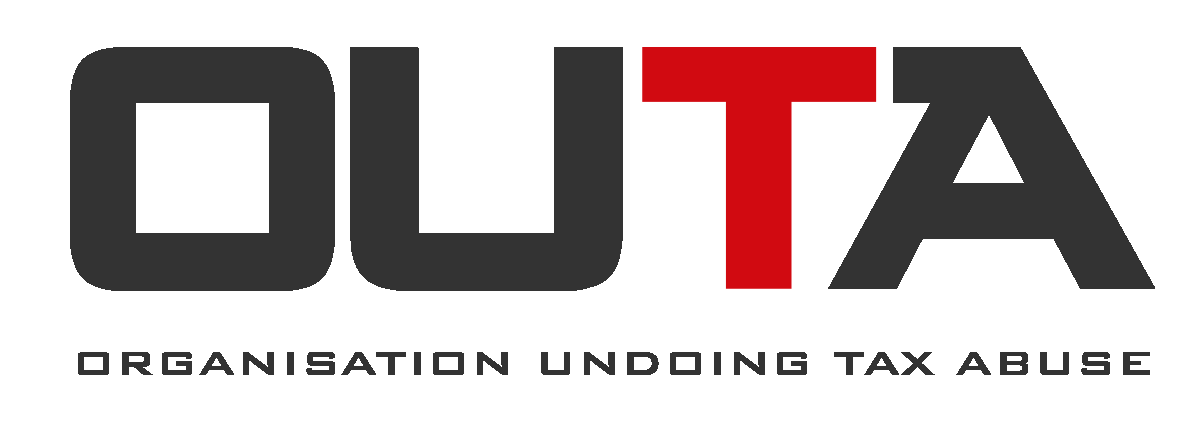Is e-tolling really pro-poor? OUTA challenges Dr Roelof Botha to a public debate
Although he has retracted his statement that “those who don’t pay taxes should shut up about e-tolling,” the Opposition to Urban Tolling Alliance (OUTA) believes that before any reconciliation can take place between Dr Botha and those he offended by his contemptuous choice of words he needs to commit himself to a process of engagement with his critics in the hope that we can turn down the heat, and redirect the energy to generating light instead.
“Dr Botha has re-charged the debate with emotion, projecting his frustration in a grossly misdirected manner and quite frankly, has done SANRAL’s case for e-tolling more harm than their critics ever could,” says John Clarke, OUTA’s Spokesperson. “OUTA has invested an extraordinary amount of time and intellectual effort to produce a document (Beyond the Impasse) that interrogated Dr Botha’s arguments, and those of other pro e-tolling economists (Andrew Marsay and Barry Standish). It was written precisely to take the emotional charge OUT of the debate by presenting a rigorous, academically respectable case against the e-tolling decision.”
For too long we have heard the economic theory of an 8,4:1 benefit to cost ratio as espoused by SANRAL's economists, yet we wonder why this has not been tested in a live environment since the freeway upgrade was completed three years ago.
The logic provided in this economic benefit argument by Botha, implies that time spent in the traffic is a direct loss of salary or earning potential to the road user. Conversely, his argument suggests that if one arrives earlier to work in the morning or home in the evening, the road user actually earns more money/salary in the bank. “It is an argument as irrational as trying to place a rand value on love, dignity or altruism,” says OUTA’s Chairman, Wayne Duvenage.
Adding further concern to the argument, Dr Botha expects those salaried individuals to not only put a rand value on their time outside of working hours, but to also pay a compulsory tax on it, even if the benefits don’t materialize.
In regard to the brash and questionable statements presented on Wednesday to the e-toll panel, John Clarke has written to Dr Botha to ask him if he has in fact read OUTA’s ‘Beyond the Impasse’ report, and to invite him to a public debate on his ‘pro-poor’ and economic benefit convictions.
“South Africa stands in desperate need of a public discourse on controversial issues that is both intellectually rigorous and respectful of the human dignity and constitutional rights of all, especially those with whom we disagree” Clarke says. “Roelof has shown some guts to champion a very unpopular cause. If he is convinced that e-tolling is ‘pro-poor’ and economically viable, let’s debate that proposition. He and his team need not fear any filibustering, ad-hominem attacks or insults – just sound intellectual argument between professionals. Let’s set an example of how to handle differences, recognizing that we are both sincerely committed to a pro-poor policy with respect to the issues.”
